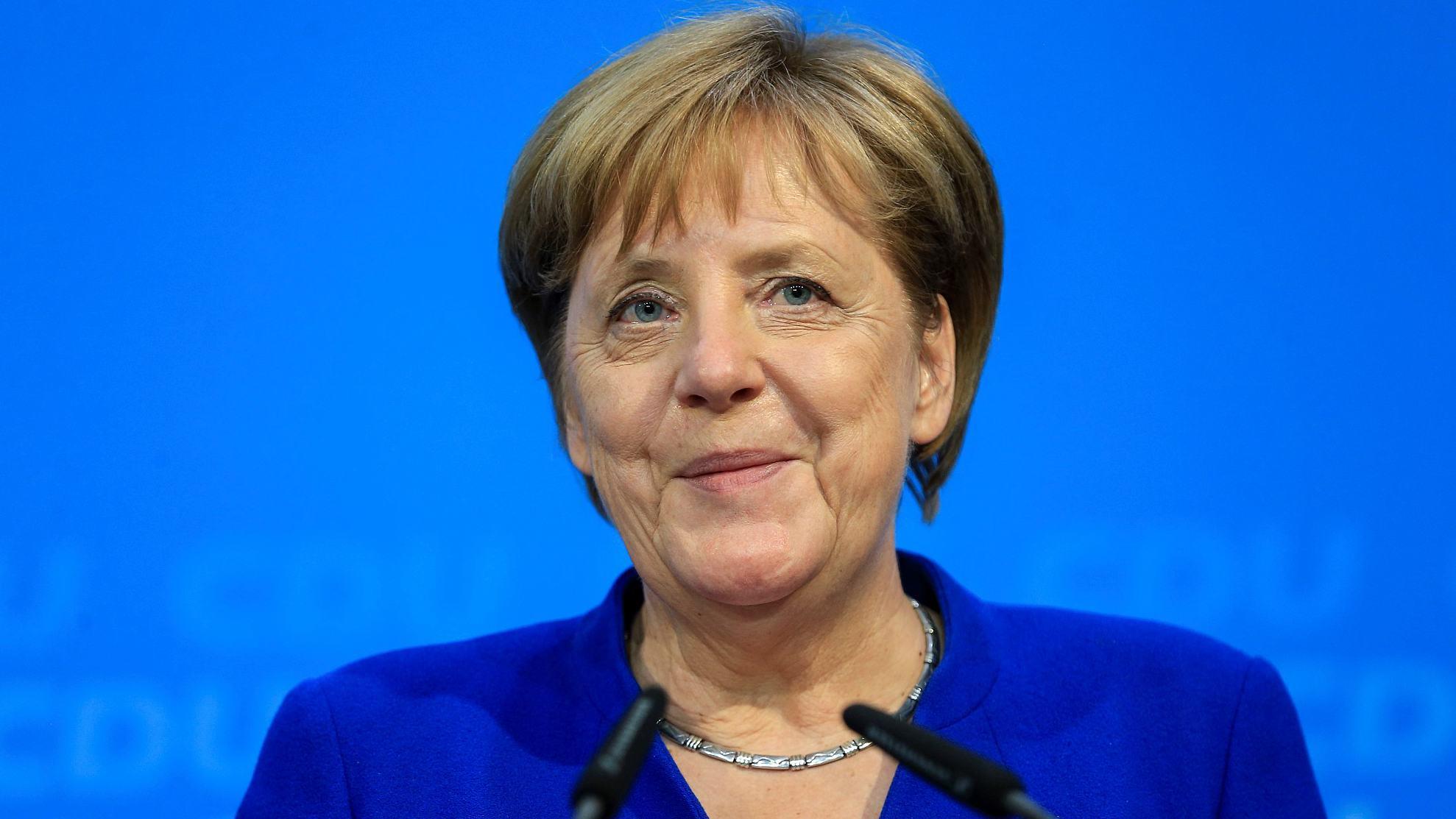BERLIN, July 5 (Xinhua) -- German Chancellor Angela Merkel's Conservatives Union on Thursday night reached an agreement on strengthened asylum policies with coalition partner Social Democratic Party (SPD), ending weeks-long dispute that almost toppled the government.
After the meeting with the Union leadership, SPD Chairwoman Andrea Nahles said they had agreed that there will be no national unilateralism and no rejections of asylum seekers at German border.
Instead, an accelerated border procedure will be established, and an immigration law will be made later this year, according to Nahles.
German Federal Interior Minister Horst Seehofer said after the meeting that there would be no transit centers, as agreed by the Merkel-led Christian Democratic Union (CDU) and Seehofer-led Christian Social Union (CSU) on Monday.
Instead, Seehofer said there would be "transit procedures in existing police facilities," which "has no barbed wire or similar."
"The affected refugees are not in custody, they could eventually leave Germany at any time," he said.
"You know that our coalition partner has problems with the term transit centers," said Seehofer, "that's why they prefer to talk about transit procedures in police facilities, and that expresses what we do in the future."
The "transit center" is the focus of SPD's concern over the Union's compromise. Nahles and other SPD heavyweights said earlier that the party rejected any closed camps.
The agreement between the Union and the SPD ended the weeks-long dispute over asylum policy that almost toppled the German coalition government established in March.
In a bid to win back voters in Bavaria state election in October, Seehofer wanted to introduce tougher asylum policy by rejecting asylum seekers already registered in other EU countries at German borders, but Merkel opposed it.
The dispute culminated on Sunday as Seehofer threatened to resign, a move that would make the ruling Union-SPD coalition lose parliamentary majority.
The two sister parties reached a compromise on Monday night to introduce new border regime on the border between Germany and Austria. They also agreed to establish transit centers to send asylum seekers directly to the responsible countries.
The compromise became effective after SPD brought its own policy package to negotiate, and the three coalition parties succeeded in reaching agreement Thursday night.
